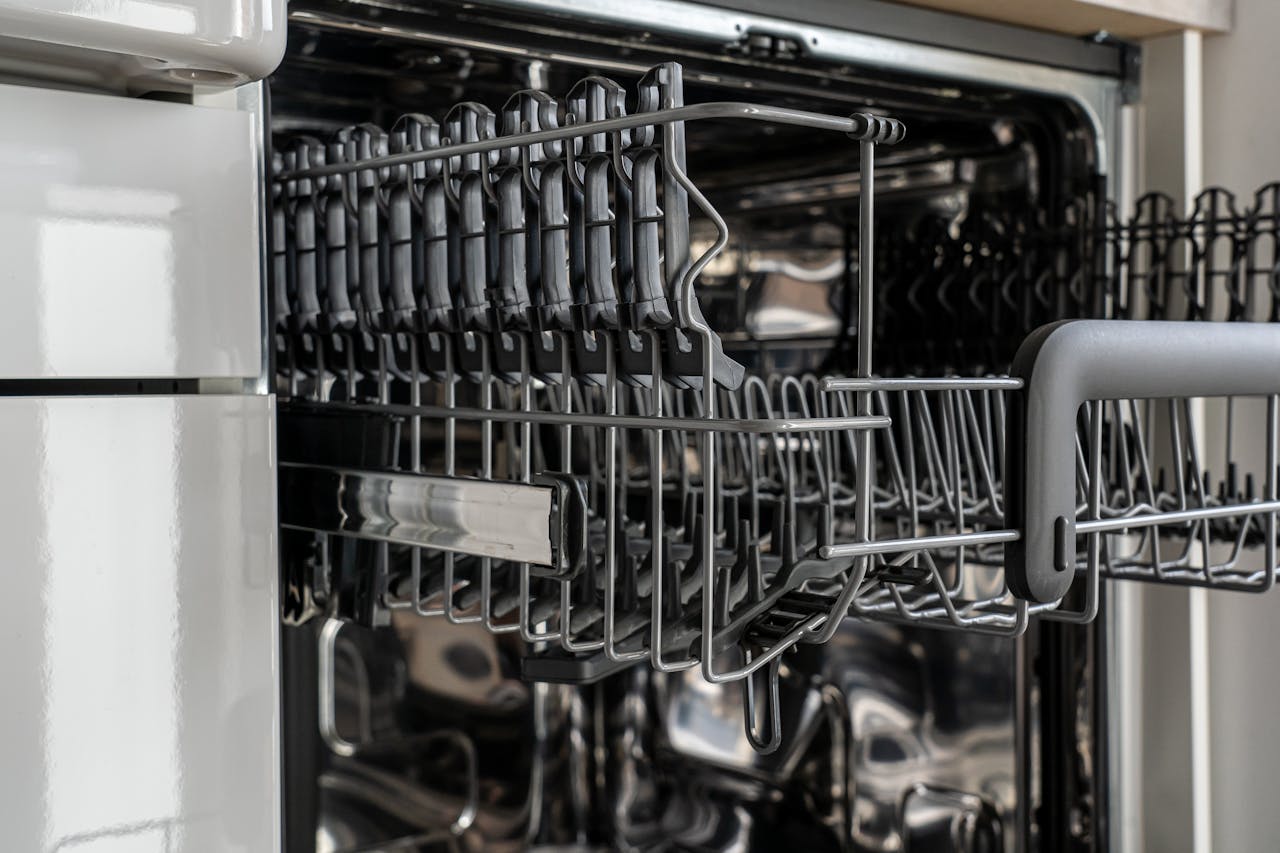An electric dishwasher can feel like a luxury, but the practical advantages it brings to a household are substantial. Beyond simply saving you from the chore of washing up, modern dishwashers offer significant benefits in efficiency, hygiene, and conservation. If you are considering adding one to your kitchen, this guide will walk you through the key points to help you make an informed decision.
The Everyday Benefits of a Dishwasher
The most immediate and perhaps most appealing advantage of owning a dishwasher is the significant amount of time it frees up for you. Instead of dedicating valuable minutes, or even hours, to the chore of scrubbing dishes by hand after every meal, you can simply load the machine and effortlessly transition to other activities. This daily time saving, when accumulated, can significantly improve your routine, allowing you more time for work, relaxation, or spending with loved ones. Beyond convenience, modern dishwashers are also remarkably efficient with water resources. A typical dishwasher cycle is engineered to use substantially less water than what is generally consumed when washing the same volume of dishes by hand. This efficiency not only contributes to noticeable reductions in your utility bills but also supports a more sustainable lifestyle by lessening your environmental footprint. Furthermore, a crucial benefit for household health is the superior hygiene offered by dishwashers. These appliances are designed to operate at much higher temperatures than can be comfortably achieved with hand washing. This intense heat, combined with powerful detergents, effectively sanitises your dishes, glassware, and cutlery, ensuring a level of cleanliness that actively reduces bacteria and germs for better overall health and peace of mind.
What Kind of Dishwasher is Right for You?
Dishwashers come in several forms, each suited to different kitchen layouts and needs. Built-in models are the most common, designed to fit seamlessly under your kitchen counter for a clean, integrated look. If your kitchen doesn’t have the space for a built-in unit, a portable dishwasher offers a flexible alternative. These freestanding units can be wheeled to the sink when needed and stored away afterwards. For smaller households or kitchens with very limited space, a countertop dishwasher is a compact solution that sits on your worktop and connects to the tap.
What to Look For When Buying a Dishwasher
When choosing a dishwasher, several factors should guide your decision. First, consider the size and capacity. Standard dishwashers are typically 60cm wide, while slimline models are 45cm. Think about your household size and how many dishes you typically use to select the right capacity. Energy efficiency is another important consideration. Look for models with a high energy rating, as these will consume less electricity and water, saving you money over the life of the appliance. Finally, look at the features offered. Many modern dishwashers include various wash cycles for different types of loads, adjustable racks for flexible loading, and quiet operation for less disruption.
Keeping Your Dishwasher in Good Condition
To get the best performance from your dishwasher, regular maintenance is key. Clean the filter frequently to prevent food particles from clogging the machine and causing bad odours. It is also good practice to run a hot, empty cycle with a dishwasher cleaner every month to remove grease and limescale buildup. Check and clean the spray arms periodically to make sure the water jets are not blocked, which will help your dishes come out sparkling clean every time.
A Modern Convenience for Every Home
An electric dishwasher is more than just a convenience; it’s a practical appliance that saves time, conserves water, and improves kitchen hygiene. By understanding the different types available and what features to look for, you can find a model that fits your lifestyle and budget. With proper care, a dishwasher can be a valuable and long-lasting addition to your home.

